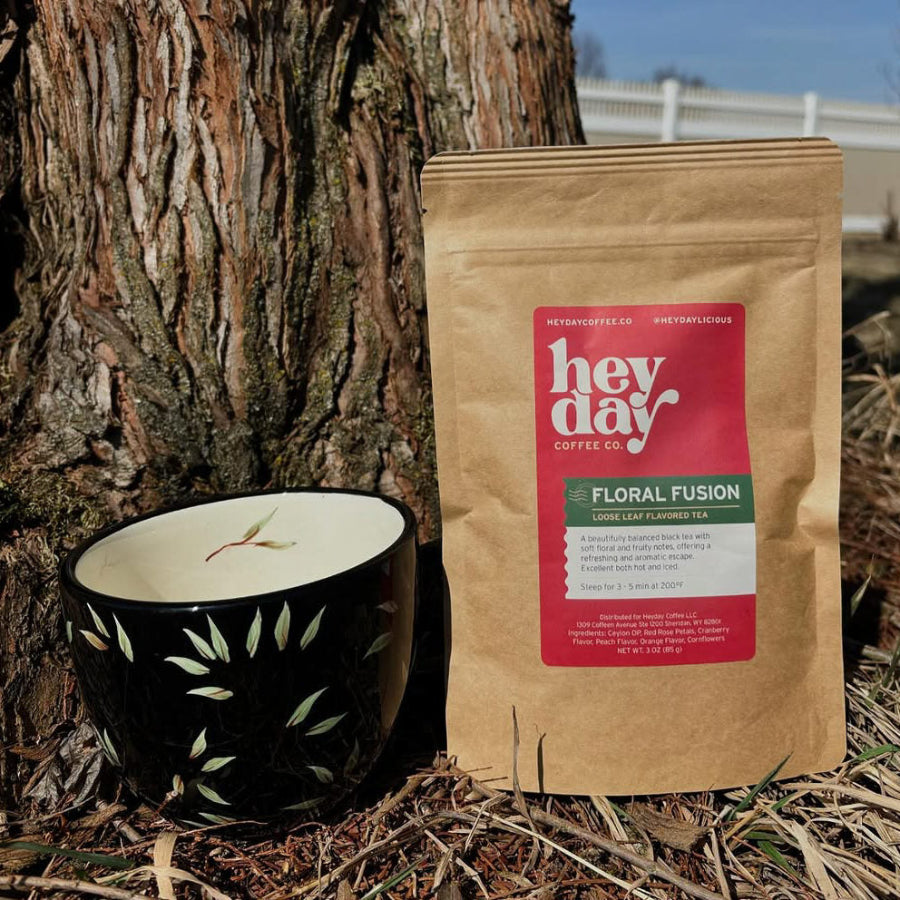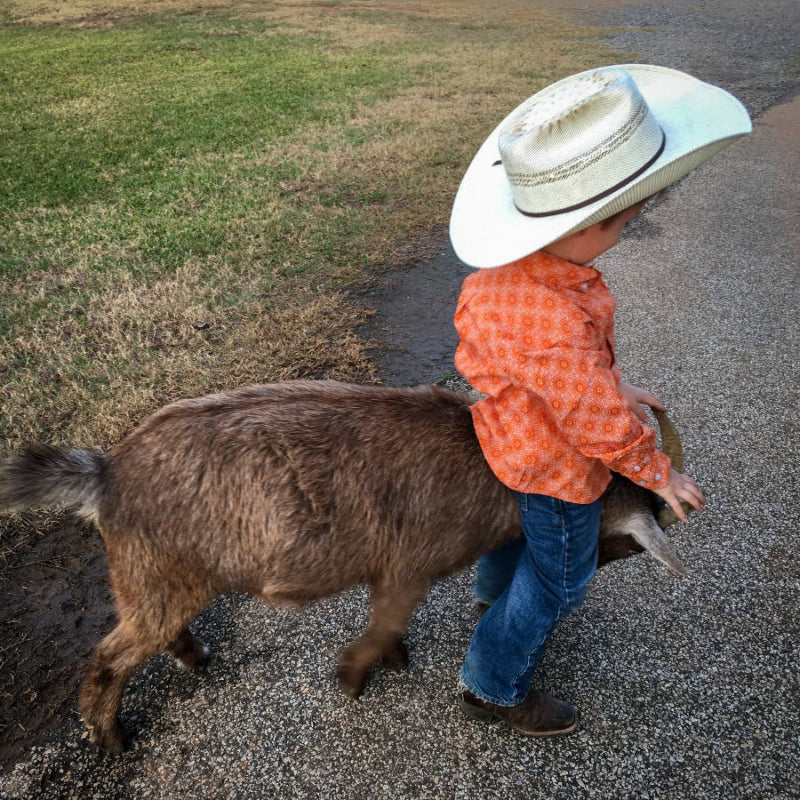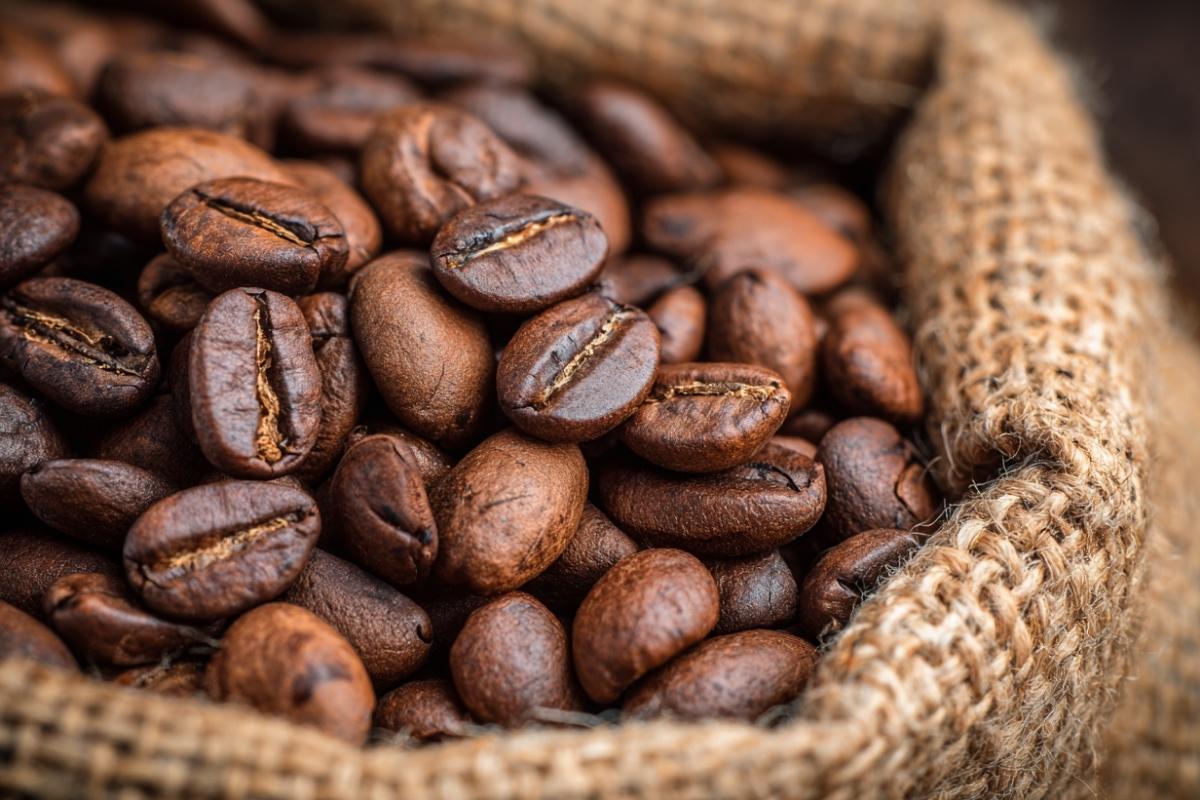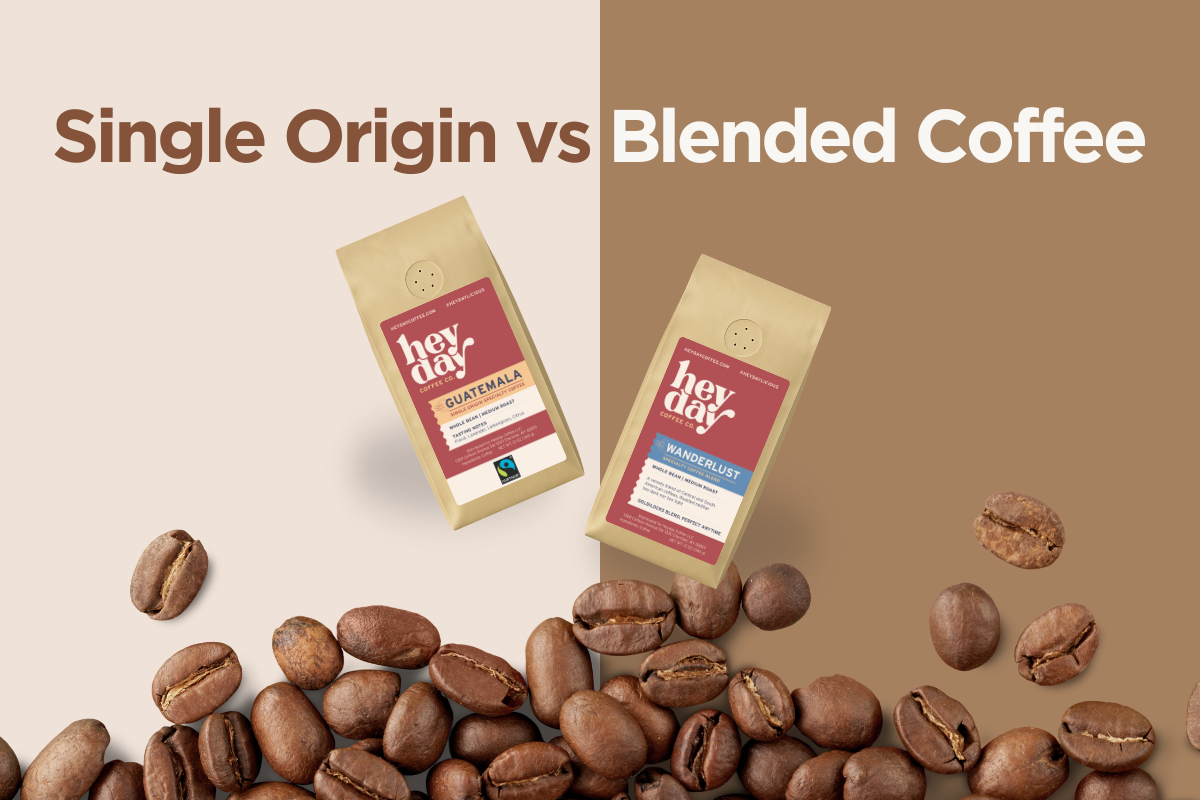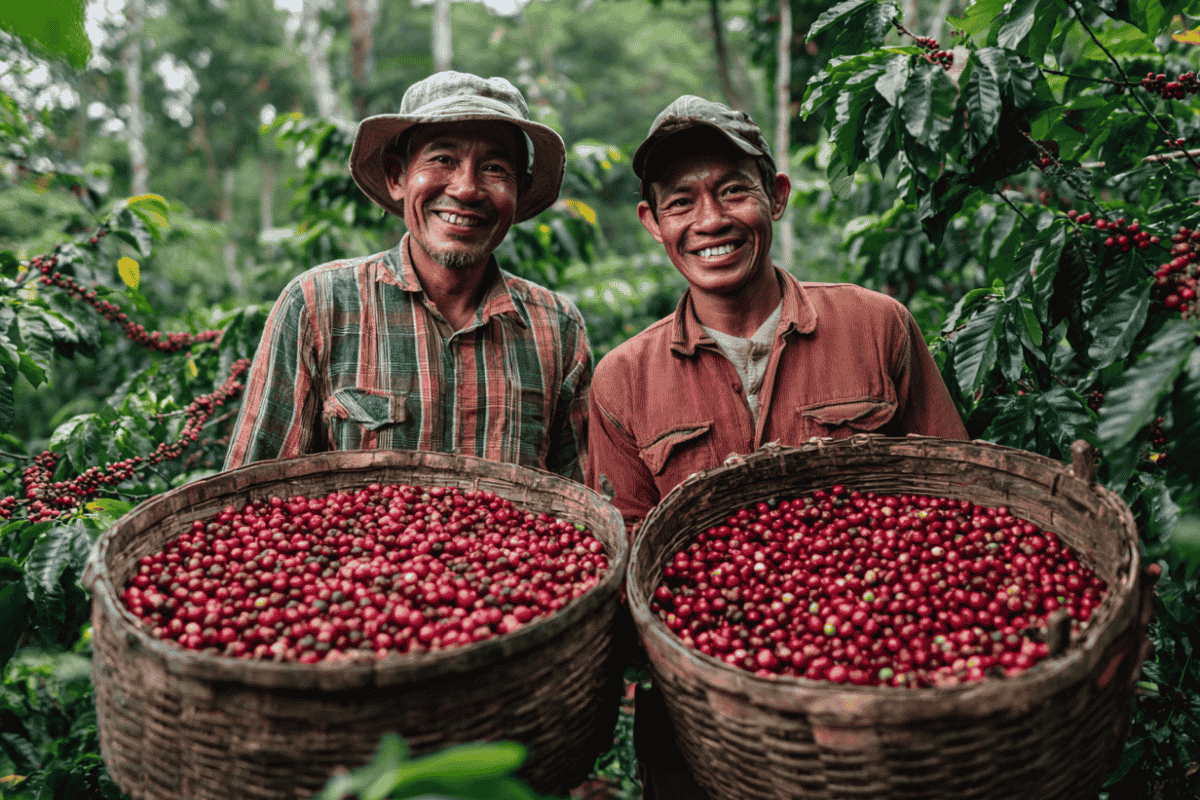
What Is Fairtrade® Certified Coffee?
Table of Contents
- What Is Fairtrade Certified Coffee?
- How Fairtrade Certification Works
- Impacts on Farmers, Communities, and the Environment
- Challenges and Criticisms
- Conclusion
Fairtrade Certification is a broad effort to make the global commodity trade more equitable. The Fairtrade system covers many agricultural products, including chocolate, wine, sugar, and bananas, but it has particular relevance in coffee, one of the most traded and price-volatile commodities in the world.
Fairtrade certification is not a marketing slogan. It's a structured program designed to protect farmers from sharp swings in commodity markets, improve working conditions, and support environmentally responsible farming.
At its core, the certification sets minimum prices and social standards so that producers can earn a stable income and reinvest in their communities. It is an attempt to make the world’s largest agricultural supply chains a little fairer for the people who grow the crops we rely on every day.
In this article, we will focus on what Fairtrade Certified coffee means in practice: how the system works, what it guarantees, where it still falls short, and why it continues to matter.
What Is Fairtrade Certified Coffee?

Fairtrade Certified coffee comes from farms and cooperatives that meet a defined set of economic, social, and environmental standards. These standards were developed to ensure that smallholder farmers receive fair compensation for their work and have the resources to build sustainable livelihoods. Fairtrade International is the most popular and widely recognized fair trade certifier globally. They oversee producer organizations, traders, and certifiers that audit compliance around the world.
At its foundation, Fairtrade is built on four commitments:
- Fair pricing. Farmers are guaranteed a minimum price that protects them when global coffee prices fall below the cost of production. This helps buffer them from the volatility that defines the commodity coffee market.
- Social investment. In addition to the minimum price, cooperatives earn a Fairtrade Premium, an additional payment that members vote to invest in their communities or businesses. Premium funds might support schools, health clinics, or infrastructure projects such as clean water systems.
- Environmental standards. Fairtrade requires responsible land management, limits the use of harmful chemicals, protects biodiversity, and prohibits deforestation tied to certified production.
- Farmer empowerment. Certification favors democratically organized cooperatives and associations that allow farmers to negotiate collectively and gain better access to global buyers.
Together, these principles aim to make coffee farming more stable, sustainable, and community-driven. While certification cannot eliminate every inequity in the global coffee trade, it provides a consistent framework for fairer exchange and accountability.
How Fairtrade Certification Works

Fairtrade certification is designed to make trade relationships more transparent and stable from the farm level all the way to the finished product. In coffee, that means setting clear rules for how beans are grown, traded, and sold, and ensuring those rules are independently verified.
The system begins with smallholder farmers who are typically members of cooperatives or producer associations. These organizations apply for Fairtrade certification through an approved auditing body, and as part of certification, they agree to adhere to social, environmental, and economic standards.
When a certified cooperative sells coffee, buyers must also be licensed within the Fairtrade system. This ensures traceability through the supply chain, from producer to exporter, importer, roaster, and ultimately the consumer. Each transaction is documented and subject to inspection so that the coffee labeled Fairtrade® Certified truly meets the required standards.
The certification framework includes two main financial mechanisms: the Fairtrade Minimum Price and the Fairtrade Premium. The minimum price acts as a safety net, preventing farmers from being forced to sell below the cost of production when market prices collapse. The premium is a separate payment directed to the cooperative, which members decide collectively how to use, often funding infrastructure, equipment, or community programs.
Fairtrade certification involves costs and administrative effort, which can be a challenge for smaller cooperatives. But for many, the benefits such as price stability, market access, and community investment make participation worthwhile.
Impacts on Farmers, Communities, and the Environment

Fairtrade certification is designed to create tangible, measurable improvements in the lives of smallholder farmers and the communities that depend on coffee production. Its impact is most visible in three areas: economic stability, social development, and environmental protection.
Economic stability begins with the Fairtrade Minimum Price, which acts as a floor when the global coffee market drops. This safety net gives producers more predictable income and makes it possible to plan for the future rather than reacting to volatile prices. Access to Fairtrade buyers can also open new export channels, allowing farmers to reach markets that value traceability and ethical sourcing.
Social development is supported through the Fairtrade Premium. This fund is distributed to certified cooperatives for collective use, and members vote on how to spend it. Many invest in education, healthcare, or infrastructure, while others choose to reinvest directly in farming improvements such as better processing equipment or training in quality control. These projects often benefit not just cooperative members but entire local communities.
Environmental protection is a core part of certification. Fairtrade standards require farms to manage soil and water responsibly, reduce the use of harmful agrochemicals, and protect native plants and wildlife. Deforestation is prohibited, and many cooperatives have introduced reforestation or shade-tree programs to maintain biodiversity and improve long-term soil health.
The overall impact varies by region and cooperative, but research consistently shows that Fairtrade participation helps strengthen farmer organizations and improve community resilience. It does not solve every challenge in the coffee industry, yet it provides a structured and verifiable way to support producers who are working toward sustainability.
Challenges and Criticisms

While Fairtrade certification has made a measurable difference for many coffee producers, it is not without its shortcomings. Like any global system, it faces structural, economic, and practical challenges that shape how much impact it can actually deliver.
One common critique is that certification can be expensive and complex for small cooperatives to maintain. The administrative and auditing requirements add costs that some farmer groups struggle to afford, especially when only part of their crop sells at Fairtrade prices. If a cooperative produces more coffee than Fairtrade buyers purchase, the remainder must be sold at regular market rates, sometimes below the cost of production.
Another concern is the uneven distribution of benefits. Larger or more established cooperatives sometimes have greater capacity to meet Fairtrade standards and capture the financial advantages, while smaller or more remote producers may be left out. Critics also note that the minimum price, though helpful as a floor, may not always keep pace with the rising costs of production in every region.
The Fairtrade system is also one of several competing certification frameworks. Other agencies, such as Fair Trade USA or Rainforest Alliance, use their own criteria and auditing processes. These overlapping systems can create confusion for both farmers and consumers, making it difficult to compare one label to another or to know which standards are applied.
Finally, while Fairtrade emphasizes democratic governance within cooperatives, its structure does not address every imbalance in global trade. Power still rests primarily with buyers and roasters in wealthier countries, and the price of coffee remains tied to commodity exchanges that are far removed from the realities of smallholder farming.
Even with these challenges, Fairtrade continues to serve as one of the most recognized and transparent ways to link consumer purchases with measurable social and environmental standards. It's not a perfect system, but it has established a model that can be build upon.
Conclusion

Fairtrade certification, despite its challenges, remains one of the clearest ways to support fairness and sustainability in coffee. It sets minimum prices that protect farmers from market crashes, funds community projects through the Fairtrade Premium, and enforces standards that help safeguard land and water.
For consumers, the label offers a degree of transparency that can be hard to find in global supply chains. Buying Fairtrade Certified coffee means choosing a system that aims to share value more evenly and reward responsible farming.
Fairtrade is not a complete solution to the inequities in coffee, but it has raised the baseline for what ethical sourcing looks like. It gives farmers a stronger position in trade and gives buyers a credible way to align their purchases with their values.
At Heyday, we offer a selection of Fairtrade Certified coffees for customers who want their daily cup to reflect these values.



